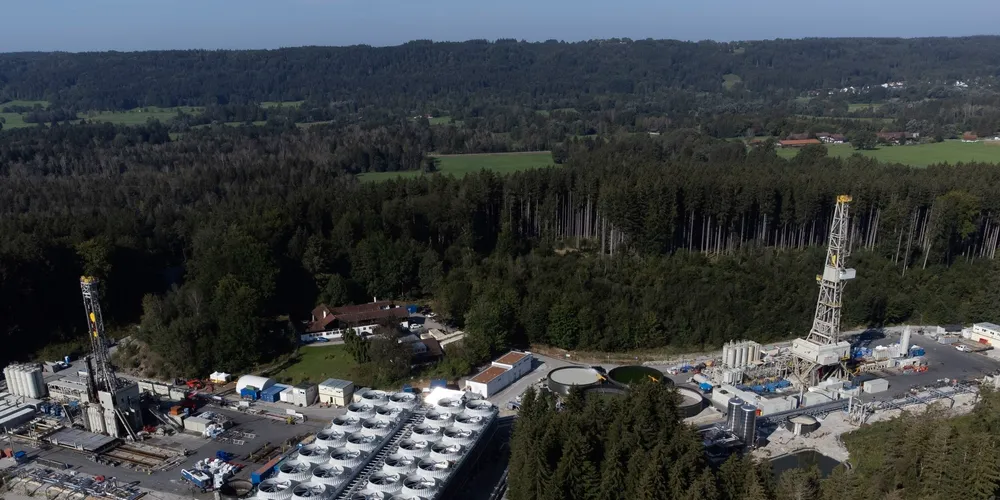'Big tech' energy demand could spark geothermal growth, says consultancy
Next generation geothermal technology may offer data centre owners the ideal energy source

Booming demand for electricity supplies by data centre owners could trigger growth in geothermal energy developments, according to consultancy Wood Mackenzie.
Geothermal produces abundant, round-the-clock, low-carbon power and heat but its acceptance in the market to date has been limited by a number of factors, including technology.
However, if next-generation technical developments meet expectations, then geothermal's impact on the energy transition could increase.
Gavin Thompson, vice chairman of energy at WoodMac said: “While cost reduction remains a critical hurdle, technological advancements could make geothermal energy production viable almost anywhere."
He noted that recent legislative changes in countries, including Germany, could signal a shift towards more favourable policy environments, potentially accelerating geothermal adoption.
"As the industry evolves, we expect geothermal to play an increasingly significant role in the global energy mix, offering a reliable, clean alternative to traditional power sources.”
Thompson said geothermal is emerging as a promising contender in the energy transition landscape, driven by the data-centre sector's growing demand for clean power.
In its latest assessment of this low-key sector, WoodMac pointed out that 'next-gen' geothermal rose five places in its energy technology leaderboard in 2023, driven by a growth in announced projects and advances in financing and regulation.
Enhanced geothermal systems (EGS) and advanced geothermal systems (AGS) are the latest 'next-gen' technologies.
EGS increases permeability in hot dry rocks, while AGS uses a closed-loop system to repurpose end-of-life oil and gas wells.
Both technologies, said WoodMac, could double output per well compared to conventional geothermal, potentially creating almost limitless baseload low-carbon energy.
Still, the costs of drilling geothermal wells — which accounts for a significant portion of capital spending — needs to fall by up to 60%, said WoodMac, in order to compete with nuclear in the baseload clean-power market.
Co-locating geothermal plants with other low-carbon technologies and extracting critical minerals from geothermal fluids could improve project economics, it argued, highlighting that pilot lithium extraction plants are already established in Germany, New Zealand, North America and the UK.
Governments, according to WoodMac, are slowly recognising the potential of geothermal, with more than $2 billion of financial support allocated to geothermal energy initiatives in 2024.
The promise of clean, 24/7 power is attracting Silicon Valley players such as Meta, Microsoft and Google to the potential of the sector, with each siging significant geothermal power agreements.
Annick Adjei, WoodMac senior research analyst, believes that next-gen geothermal technologies are poised to revolutionise the energy landscape.
"While conventional geothermal has been limited by geological constraints of high-temperature and high-permeability rocks, emerging technologies like EGS and AGS could unlock vast reserves of low-carbon baseload energy.
"This potential, coupled with growing government support and 'big tech' interest, positions geothermal as a key player in the future energy mix."
As these technologies mature, WoodMac expects geothermal to overcome its traditional limitations and contribute significantly to the energy transition.
Wood Mackenzie noted, however, that although oil majors are interested in this sector via strategic partnerships — BP, Equinor and Chevron are all working with project developers — progress may slow.
"While the opportunity to leverage skill sets in subsurface and drilling is an attraction, the demotion of low carbon in capital allocation may slow progress down."